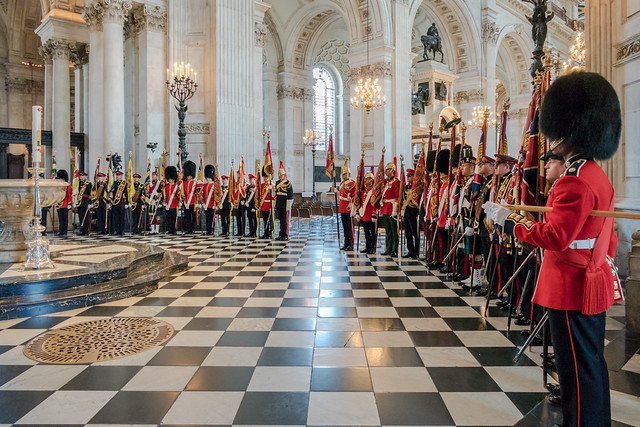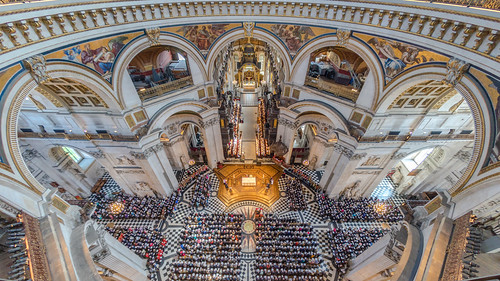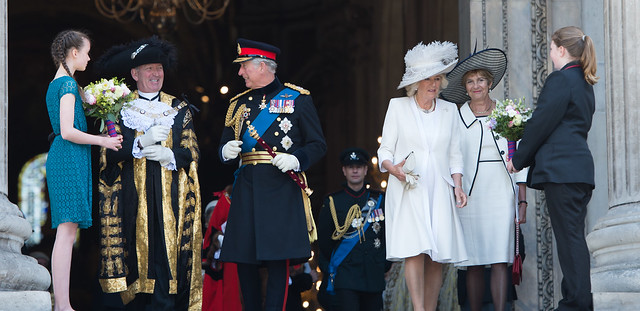Hi! I’ve been absent from here for a long time but today, the 13th June marks a significant milestone in my family’s life and I felt I should mark it somehow. It’s been one hell of a twelve months. I can never forget this past year but I happily leave it behind with absolutely no desire to repeat it.
Twelve months ago my lovely dad suffered a major brain haemorrhage resulting in him having a massive stroke whilst he was driving … on holiday … in France.
Strokes are very commonplace; according to the Stroke Association, every 2 seconds someone in the world will have one. In the UK, it is the fourth leading cause of death, a leading cause of disability and there are over 1.2 million stroke survivors. Not wanting to be too commonplace, my dad had a haemorrhagic stroke, which accounts for only 15% of all strokes.
As it turned out, my dad managed to choose a good location to have a medical catastrophe necessitating emergency brain surgery. He was taken ill in Annecy, a picture-postcard city often called Venice of the Alps. He had medical intervention within 10 minutes and Annecy just happens to have a shiny modern hospital with an Accident & Emergency (A&E) department (an ER for those of you across the pond) and a Neurosurgery department – Centre Hospitalier Annecy Genevois. I cannot speak highly enough of this hospital and its staff who went out of their way to help us, support us and who took the most amazing care of my dad.

Lac d’Annecy, France. My photo.

Annecy, France. My photo.
Medical staff all over the world exceed our expectations every day but somehow we never really expect it. I certainly didn’t expect ICU staff to find and book a hotel for us in the middle of the night, or, a few days later to express kind concern for my mother’s health and offer advice. I never once saw anyone get exasperated with my bad French or my typing questions into Google translate or our constant badgering for information about when my dad would be deemed ‘fit to fly’ home.
As an amusing aside, when we finally got his ‘fit to fly’ certificate it stated in English that he was ‘feet to fly’. I never did ask what they proposed to do with the rest of him! I assume something got lost in pronunciation. I was just glad the insurance company accepted it.
The Swiss neurosurgeon who operated on my dad 12 months ago today and saved his life will forever be revered by us. Every medical professional who saw the scar on my dad’s head when he returned home expressed great surprise at the quality of her repair. In fact, she did such an amazing job of putting him back together again it’s hard to find much evidence of it now.
To think that had all this happened when he was happily ensconced at home there would be much less chance of him having survived, just makes us realise how fortuitous it was that circumstances placed him in Annecy. In Leicester, we have three hospitals but no neurosurgery department. A trip to A&E in Leicester, scans and then a transfer to a hospital in Nottingham or Birmingham would all have added too much time and it is unlikely I’d be able to tell you now about my dad’s remarkable recovery. This is not meant as a criticism of the NHS whose care of my dad over the last 12 months has been fantastic, but just an observation. Call it fate, call it luck, call it what you like … I’m just grateful for Annecy.
I flew out there on the 13th June last year with my brother and his wife, none of us knowing what we would find when we arrived. I was in France for 10 days, dealing with the insurance company, trying to organise repatriation and learning French words for things like blood, catheter and pressure and speaking spectacularly bad French like “Mon père voudrais dans la lit” when my dad had had enough of sitting up in a chair. For the first time in my life I found I didn’t care if people thought I was stupid although I don’t think they ever did. Without exception, not just in the hospital, everyone we met was kind, so don’t ever believe that the French hate the British.
So, where are we now? My dad finally returned to his own home on 10th August. Once back in the UK he spent roughly a week on a stroke ward in Leicester Royal Infirmary before being transferred to a Stroke Rehabilitation Unit not far from where I live. When he went home he had to live downstairs as he was unable to climb the stairs. He had carers in 3 times a day to help him wash and dress and he had a walking frame. The support he has had from NHS carers, physios, occupational therapists and speech therapists has been second to none. But all of that aside, it has been his own determination and personal strength supported by my brilliant mum that has enabled him to become physically fit and well again.

Shortly after returning home, with broken glasses. My photo.

First glass of wine. My photo.
When he was still in ICU in France, a doctor told us in broken English that my dad would make a good recovery but that he would be left with some permanent disability. I’m not sure what we imagined when we were told that but I think the reality is probably somewhat removed from whatever we conjured up in our minds. My parents’ house sits on a plot of land that is probably nearly half an acre in size. Yesterday my dad cut the grass with a petrol driven push mower – all of it! He makes a cup of tea for my mum every morning and takes it to her in bed, upstairs. He does washing up and drying up and he does a lot of gardening. He will tell you that he “can’t always say the right words” and that he can “be silly” (for silly, read emotional). What he can’t explain is that he has aphasia and possibly dyspraxia as a result of his stroke. He has lost some of his sight – on his right – and his fine motor skills are impaired meaning it’s unlikely he will return to model engineering. He has had to relearn a lot of things like how to dress himself and even though he knows, he can’t tell me my name or his. He can, however, give me word-perfect directions to pretty much anywhere whilst sitting next to me in the car! The brain is a complicated yet mysterious organ is it not? Most of all, he is happy and enjoying life. What more could we ask for?
We know what we are, but know not what we may be.”
William Shakespeare, Hamlet, Act 4, Scene 5
It’s been a difficult twelve months but family are everything. My wonderful brother and sister-in-law were absolute rocks last summer – I couldn’t have coped without them – but since then have had a truly dreadful year. They lost a loved one just before Christmas and then started the new year with even more bad news but they are strong, and with a lot of love and some of that determination that we seem to possess in our family they will get through it.
My mother has been a trooper too. Stronger and more able than she will ever believe, she has been there for my dad every single day and while he may scare her on a daily basis with the things he says he can do, she has never given up. I am so very proud of her and what she has achieved.
Most of all I am just grateful. Grateful that I could go and see my dad tonight, tease him about the tan he has obtained in the garden really being dirt and talk to him about politics. There’s a lot of guess-work involved in understanding which despotic world leader he might be talking about from which country, but we get there in the end. His use of language still improves a little bit every day and while his use of the wrong words can be frustrating, it has also provided much laughter. We now have a private family joke about badgers which I couldn’t possibly explain here. So here’s to the next twelve months; may they be immeasurably better than the last twelve have been!



My dad, proving that, at 75, he still has a sense of humour. My photos.
































